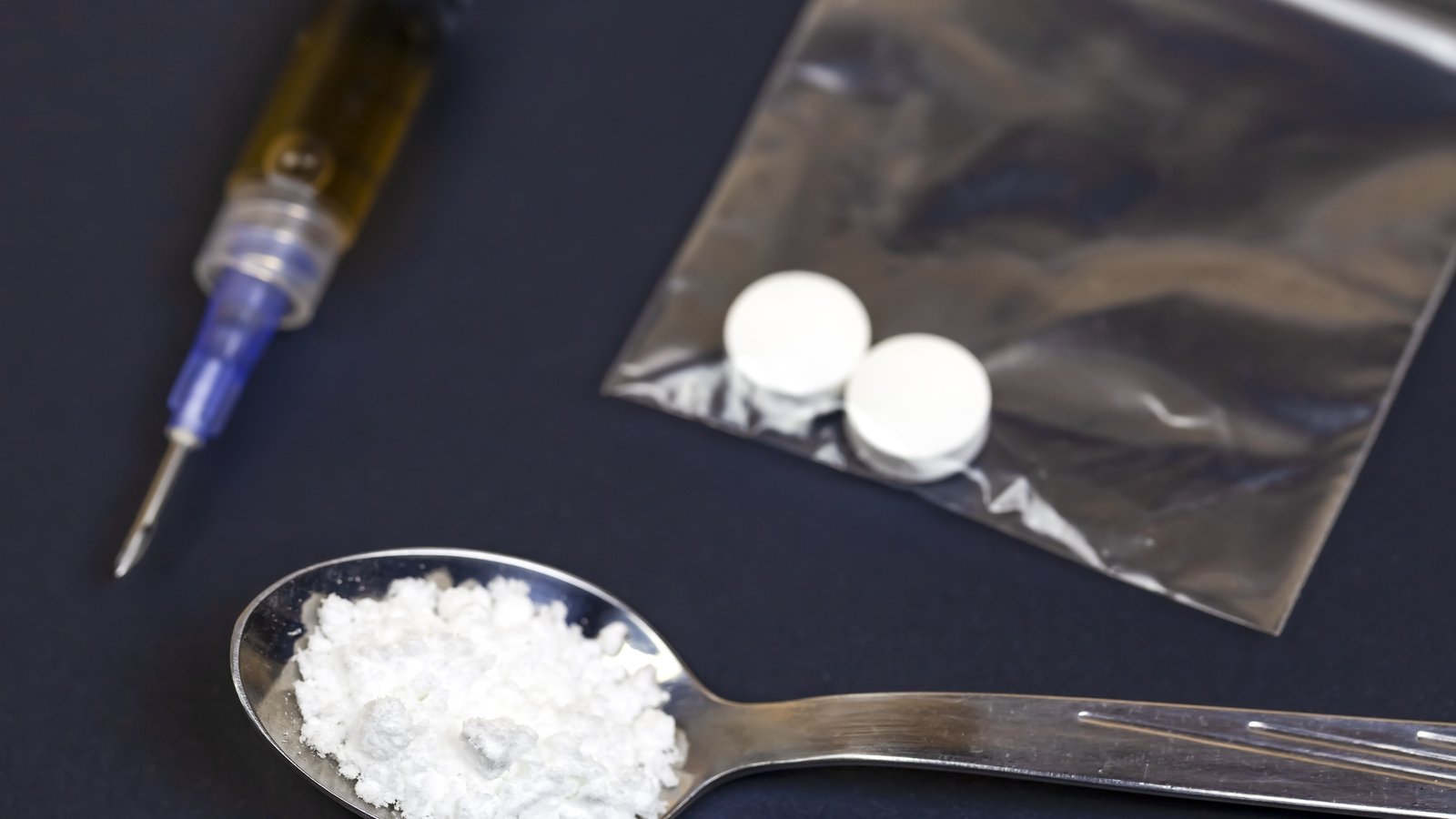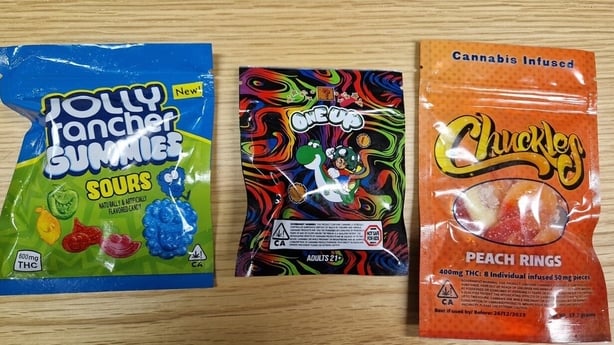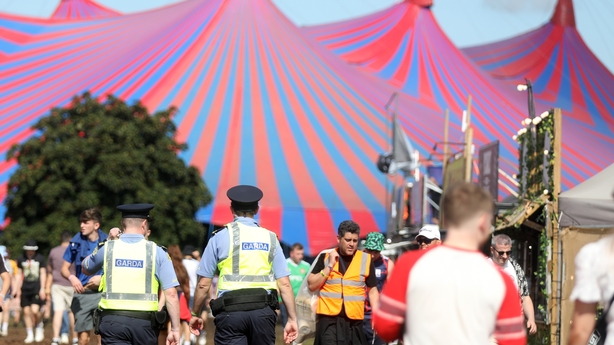Synthetic drugs and mental health a ’cause for concern’

The Health Service Executive (HSE) says presentations at mental health services have increased year-on-year, with the arrival of synthetic cannabis on the Irish market causing particular concern.
It says this is partly due to the increased use of cocaine but also due to the potency of other substances available, including synthetic cannabinoids, which have now been found for sale in jelly form and as vapes.
In Fermoy last year, a number of young people were hospitalised after they vaped a substance that later turned out to be the still legally sold substance hexahydrocannabinol (HHC).
Gardaí launched an investigation into what it called a medical incident after the teenagers aged between 14 and 15 became unwell.
The substance can come as either a vape or be infused into a jelly sweet.

HHC has also come to the attention of the National Poisons Information Centre, due to its affects.
“It is in fact legal at the minute and the reason we’re advocating that it be made illegal is that we saw presentations to our mental health colleagues, our psychiatry colleagues and our emergency departments associated with use of HHC,” said Professor Eamon Keenan, National Clinical Lead for addiction services in the HSE.
He said that vaping is an ongoing risk, particularly for young people and can lead to the taking of regular or synthetic cannabis.
The HHC substance is the first semi-synthetic cannabinoid to be reported in the EU and was initially identified there in May 2022.
It is already banned in some European countries including Estonia and Finland.
Here the Department of Justice says that whilst HHC is not currently controlled under the Misuse of Drugs Acts, a person who sells a psychoactive substance knowing or being reckless as to whether that substance is being acquired or supplied for human consumption, could be guilty of an offence under Section 3 of the Criminal Justice (Psychoactive Substances) Act 2010.
The Department of Health is also chairing an Early Warning, Emerging Trends working group to monitor the emergence and use of this substance in Ireland.
Gardaí are also represented on this group and the Department of Health says HHC has been “under intensive monitoring” since the end of 2022 by the European Monitoring Centre for Drugs and Drug Addiction (EMCDDA) which first produced a report on it in April last year.
The report found that although its use had been reported in 20 EU Member States as well as Norway, its use in humans has not yet been fully studied, although “anecdotal reports from consumers indicate that its effects might be similar to that of cannabis” and was being sold in a range of “highly attractive” branded and unbranded products including vape pens and edibles.
2023 also saw the HSE’s addiction and social inclusion units issue warnings over the risks posed by cannabis jellies that can sometimes be sold in packaging that is designed to make them look like sweets.
“There are sweets which are infused with THC, tetrahydrocannabinol, which is the potent psychoactive ingredient of cannabis.”
He said that one problem caused by those sweets is they can take a long time to take affect, which may result in the person taking more.
“The temptation is to take more, and you end up in an overdose situation”.
He said synthetic cannabinoids have also been found in these types of jelly sweets and the HSE anticipates these could cause more problems this year.
“These are produced in clandestine laboratories and they are infused with the jellies and they’re much more associated with mental health problems”.
Cannabis itself is associated with mental health problems but the addition of the synthetic cannabinoids increases the risk around mental health presentations to services.
Forensic Science Ireland, which the HSE also works with has also identified “a sizeable minority of the jellies containing these cannabinoids, so that’s a real worry.”
The HSE said it is important that parents speak to their children about these drugs to make them aware of the dangers and that they should be the ones to open up the conversation.
“They sometimes underestimate the role they can play in talking to young people, and it’s really important that parents educate themselves around the emergence of these new substances,” Prof Keenan added.
More information can be found at www.drugs.ie.
Emergence of fake ‘pink cocaine’
As well as synthetic cannabis, some of the drug issues that arose at Electric Picnic last year, based on findings from festival-goers at the medical tent, involved high dose cocaine and the anesthetic drug ketamine.
“We saw seizures associated with that drug and presentations of harm associated with that drug,” Prof Keenan said.
The festival in 2023 saw 70 HSE trained volunteers working at the event and three drugs.ie tents as well as five surrender bins.
An onsite lab for checking drugs with real-time results was also made available.

133 drugs samples were surrendered allowing the HSE to examine the drugs trends for this year.
New drugs emerged at Electric Picnic, including fluromethamphetimine or 2-FMA which was found there for the first time.
Prof Keenan said this was being sold as ‘pink cocaine’ but was not cocaine at all, something which those people taking it were not necessarily aware of.
“Don’t be listening to people who say this is great, I took it and everything is wonderful, because we certainly saw a huge number of presentations”.
High strength MDMA was also found at festivals this year, some of it sold at 250mgs which he said was almost a toxic dose.




